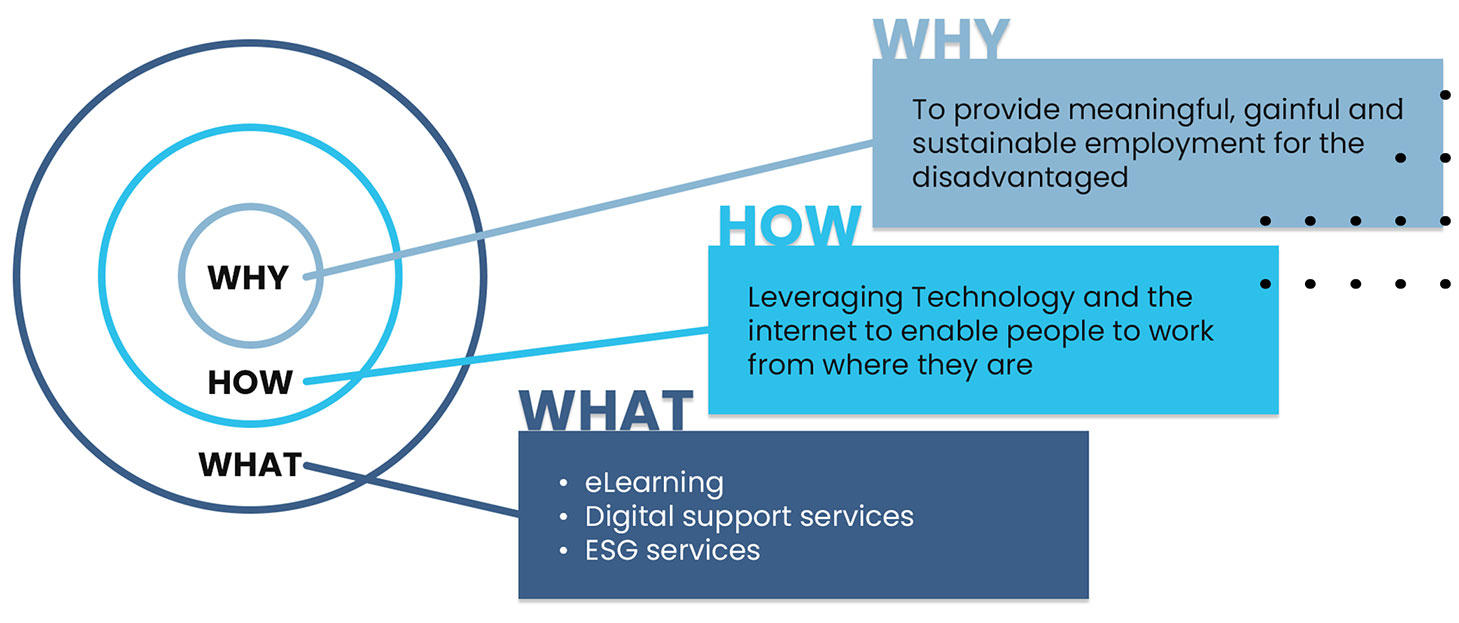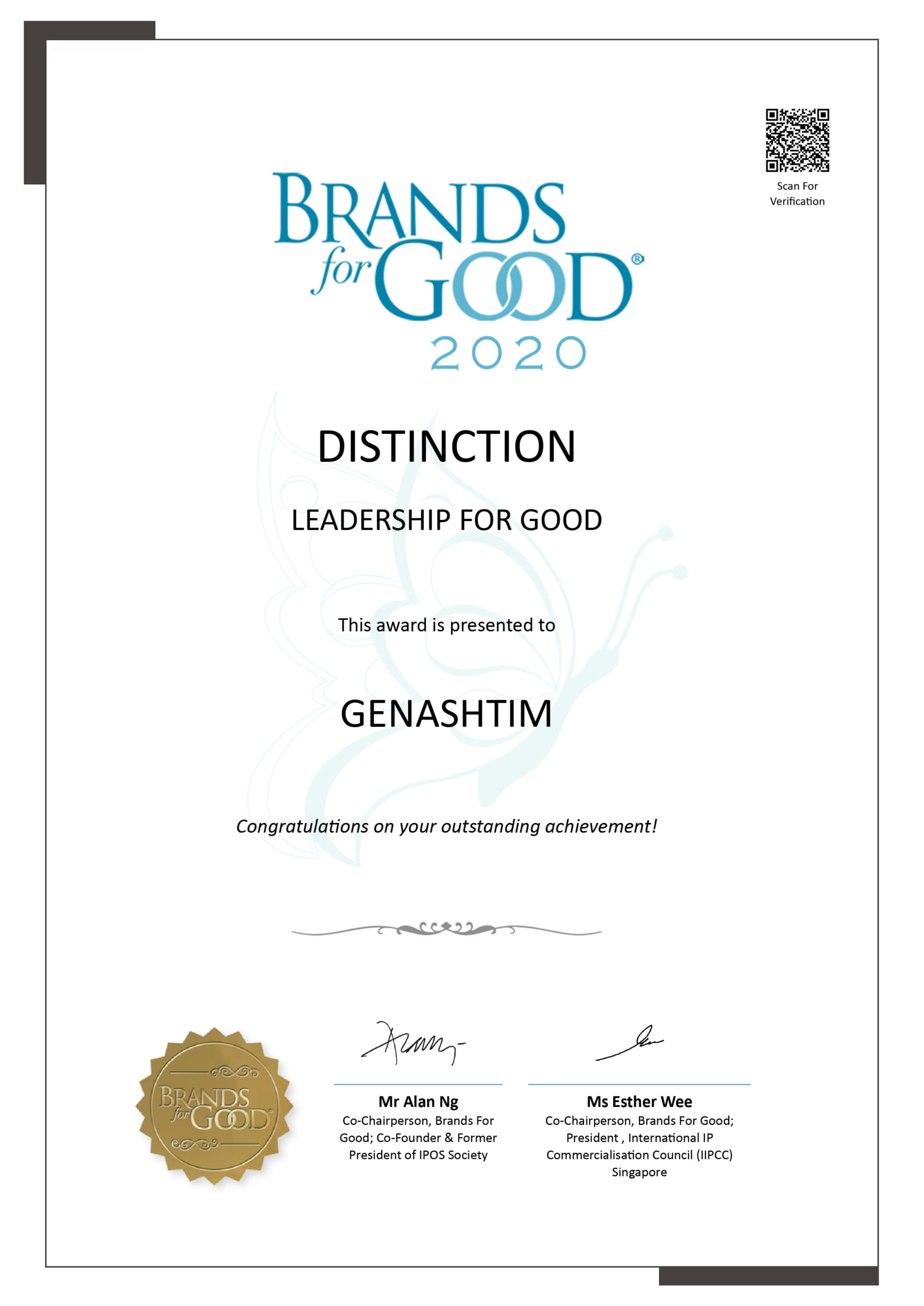Is 2023 going to be the year we accomplish our new year’s resolutions?

Every January, we all write down our new year’s resolutions excitedly and promise ourselves that this will be the year when we will finally accomplish our goals. But, come end of January and our enthusiasm and excitement begin to wane. So, we start to bargain with ourselves about the goals that we can still achieve by June, while deep inside we know that we have failed yet again.
So, what is the reason that four out of five of us who commit to new year’s resolutions fail to accomplish them by the end of the year? The reason could range from a lack of self-motivation or the failure to have full-proof plans as we choose resolutions based on trends.
2023 could be a different year if we decide to make SMART resolutions and be smart about it. SMART is an acronym coined in 1981 in the Journal Management Review that stands for:
Specific
Measurable
Achievable
Realistic
Time-bound
SMART goals help to bring clarity, focus, and motivation which can help with project management and product planning. We can also use this approach to come up with resolutions that would be fulfilled by the end of the year.
Specific Goals
Most of the time our resolutions fail because the goals we set are too vague. If we want to get motivated about our goals, we must specify the details. For example, the most common goal set by people around the world is to lose weight and get healthy. As there are no specifics and details included in this goal, we fail to achieve it. Instead, if we set an exact amount of weight that we need to lose and the specific steps we need to take in the process, it will increase the possibility of achieving our goal.
Measurable Goals
Specific goals work well with measurable goals. If we can measure our progress and see the results reflected in the data, we will get a sense of accomplishment and feel more motivated to continue making progress. Having a progress journal is ideal to record our progress. We can add checklists that we can mark off or add pictures and other evidence of our progress.
Achievable Goals
Many individuals set unrealistic goals either because of peer pressure or ongoing trends. Such far-reaching goals may set us up for failure which will then discourage us from achieving our other goals. Knowing our strengths and limitations and only taking as much as we can handle helps to ensure we achieve our year-end goals. For example, it is unrealistic to say that we will learn to play all the musical instruments by the end of the year, which is not only impossible but will be too overwhelming for us that we might end up not playing any instrument at all.
Relevant Goals
Another important aspect to keep in mind when determining our new year’s resolution is relevancy. We must evaluate the benefits of the goal and how will it align with our overall goals in life and how will it help us get one step closer to where we want to be in life. Choosing goals based on our code of ethics and long-term plans rather than what others think we should be doing will help us remain focused as it will be something we want to do.
Time-bound Goals
Having a timeline and a dateline is essential to achieving goals. Otherwise, most will procrastinate and keep putting it off for “tomorrow”. Hence, it is detrimental that in order to accomplish our new year’s resolution, we must have a start and finish date. It will be even better to set up small goals and indicate the date we plan to reach those. This way, we wouldn’t be overwhelmed by the enormity of our task.
Most new year’s resolutions end up for naught, but it doesn’t have to be the fate of our resolutions. This year, let’s promise to fulfill our resolutions by being SMART about it.
















































































































